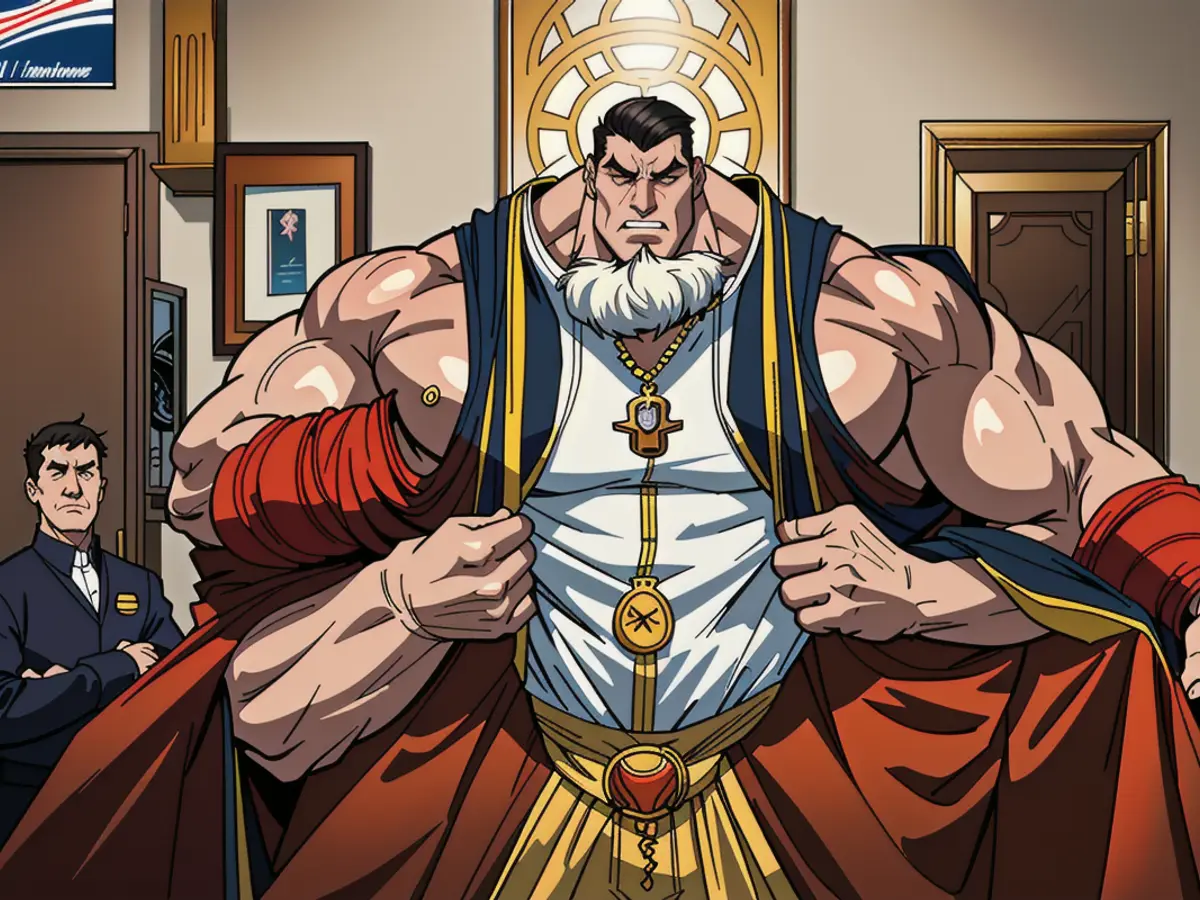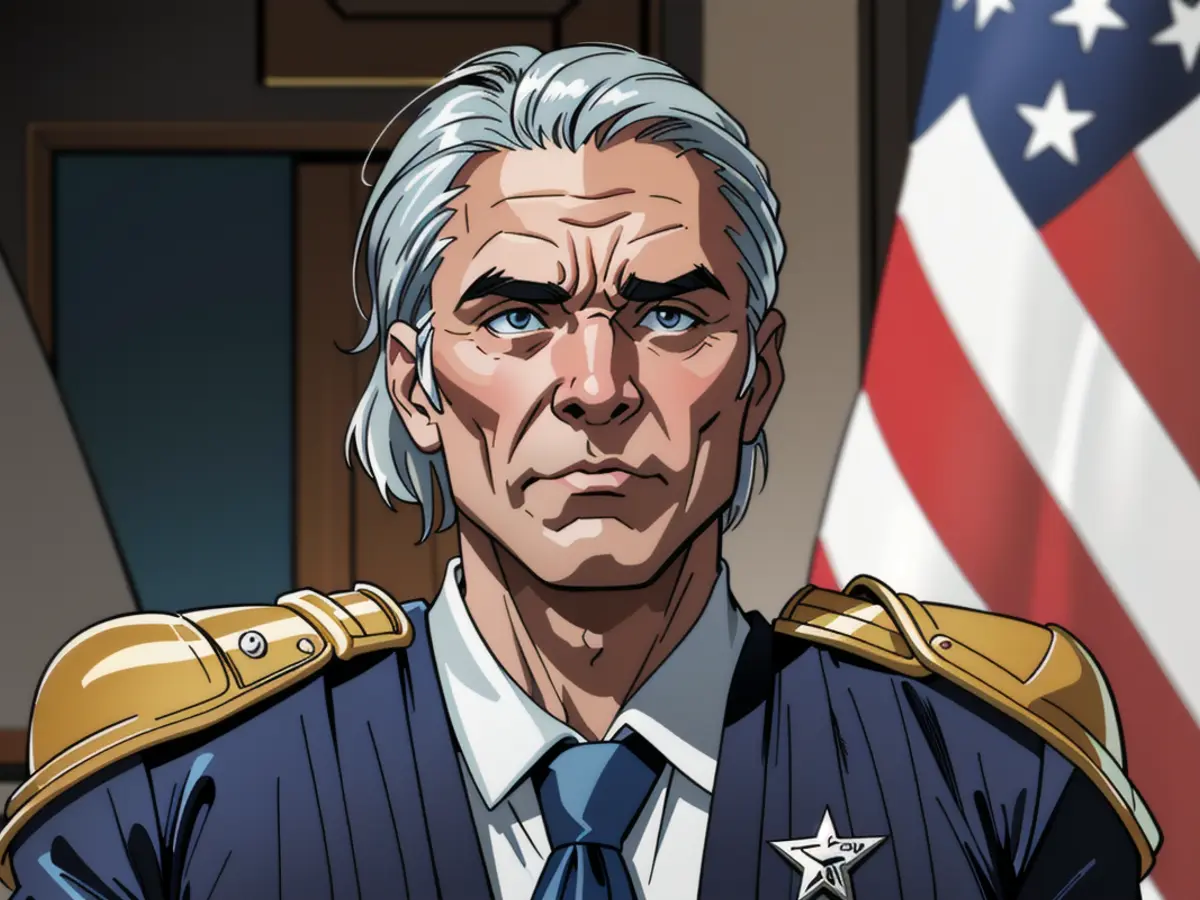War in Ukraine: The Unyielding Elephant in Peace Talks
Discussion in peace talks centers around the key issue: whether Ukraine is prepared to relinquish control over regions currently under occupation.
The persistent stalemate in resolving Russia's conflict in Ukraine hinges on the status of Crimea and the annexed mainland regions, according to US Special Envoy Steve Witkoff. These territories, including Donetsk, Luhansk, Zaporizhzhia, and Kherson, are the unspeakable obstacle in negotiations, he stated in a candid interview with Tucker Carlson.
Witkoff, who also served as Trump's Middle East envoy, disclosed that Putin had gone as far as commissioning a portrait of Trump and sending it to him. Despite progress being made with Russia, the American representative emphasized the need to clarify territorial disputes.
In the discussion, Witkoff seemed to struggle naming the eastern regions, prompting guidance from Carlson. Notably, these regions aggressively seized by Russia during its invasion have not been recognized by Ukraine or the international community.
Russia staged referenda in Donetsk, Luhansk, Zaporizhzhia, and Kherson, labeled as propaganda exercises by the international community. Yet, Witkoff contends these referenda represent the local population's desire to break away from Ukraine and align with Russia, citing the overwhelming majority favoring Russian rule.
However, alternative reports suggest that the voting in these regions occurred under coercion. One resident revealed the results' predictability.
Witkoff conceded that the constitutional issues surrounding Ukraine's potential territorial concessions have become the dominant factor in peace talks, often referred to as the "elephant in the room." Talks are scheduled to resume in Saudi Arabia, with official meetings involving representatives from both Russia and Ukraine planned.
The Russian-controlled territories pose a significant question: will the international community acknowledge these regions as Russian territories? The durability of Ukrainian President Volodymyr Zelensky's political standing hinges on this recognition, Witkoff suggested.
Zelensky reaffirmed Ukraine's position, stating, "We do not recognize the occupied Ukrainian territories as Russian." During diplomatic discussions in Jeddah, the US raised this issue, according to Zelensky, who hopes it can be resolved during subsequent peace talks, rather than preliminary truce negotiations. The continued focus on this matter has resulted in a drawn-out process, Zelensky noted.
A "Gracious" Putin
Witkoff described Putin as "gracious," commending his intelligence and straightforward demeanor during their meetings. Contrary to warnings suggested by someone within the Trump administration that Putin, a former KGB agent, may pose a threat, Witkoff downplayed these apprehensions.
Before meeting Putin in Moscow, Witkoff was cautioned about the Russian leader due to his background in the security agency. Witkoff perceived Putin's KGB past as a sign of intelligence, stating, "In the old days, the only people who went into the KGB were the smartest people in the nation."
Witkoff felt reassured by Putin's reception, reporting that the Russian leader had even commissioned a portrait of Trump from a prominent Russian artist. The thoughtfulness of this gesture and Putin's sympathy following Trump's recent assassination attempt struck a chord with Trump, according to Witkoff.
Witkoff implied that resolving the Ukraine conflict could stimulate collaboration on broader issues. The idea of integrating energy policies in the Arctic, sharing sea lanes, cooperating on artificial intelligence, and exporting liquefied natural gas into Europe together were possibilities under discussion.
"Who doesn't want a world where Russia and the United States collaborate to achieve global good?" Witkoff asked rhetorically.
- Steve Witkoff, during his interview with Tucker Carlson, stated that the territories of Crimea, Donetsk, Luhansk, Zaporizhzhia, and Kherson are major obstacles in negotiations regarding the Ukraine conflict.
- Despite progress being made with Russia, Witkoff emphasized the need to clarify territorial disputes, particularly the status of the eastern regions seized by Russia during its invasion, which have not been recognized by Ukraine or the international community.
- In the discussion of potential territorial concessions, Witkoff contended that the referenda held in Donetsk, Luhansk, Zaporizhzhia, and Kherson represent the local population's desire to break away from Ukraine and align with Russia, while alternative reports suggest that the voting occurred under coercion.









